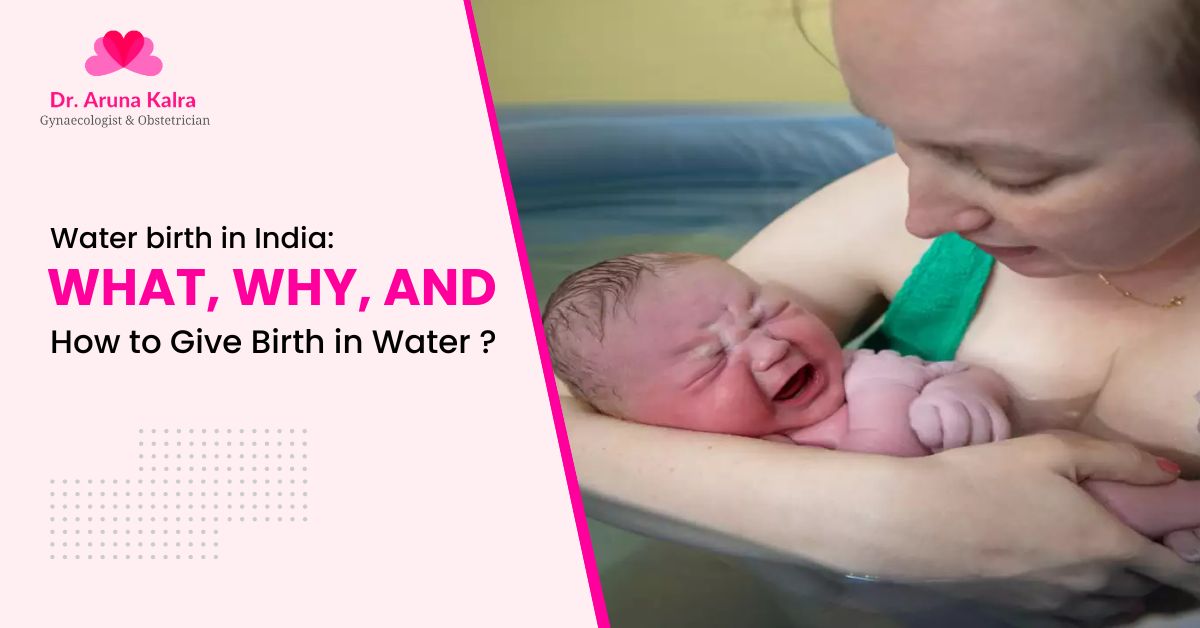
Water Birth in India: What, Why, and How to Give Birth in Water
Understanding Water Birth Water birth is a method of delivering a baby in a tub or pool of warm water. This approach has gained recognition for its potential benefits, providing mothers with a serene and buoyant environment during labor and delivery. As a practitioner of water birth in India, I have witnessed firsthand the positive…
Read More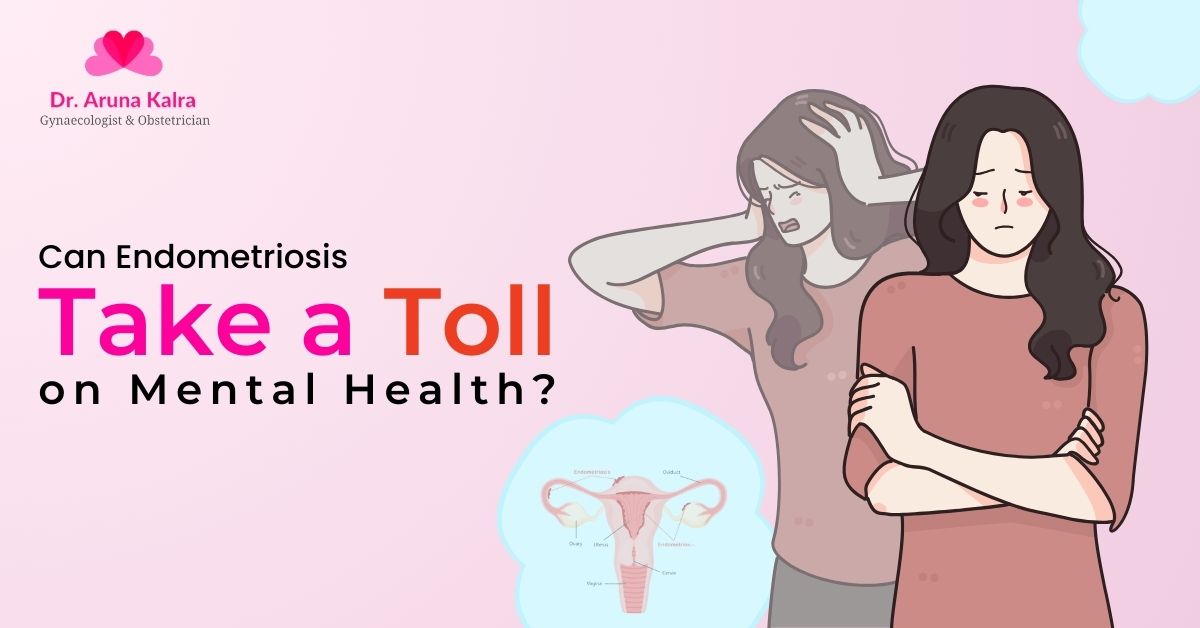
Can Endometriosis Take a Toll on Mental Health?
Endometriosis is not merely a physical ailment; it can profoundly impact mental health as well. The chronic pain and unpredictable nature of symptoms associated with endometriosis can take a toll on an individual’s emotional well-being. Pain and Emotional Distress: The persistent pain that often accompanies endometriosis can lead to emotional distress, anxiety, and depression. Coping…
Read More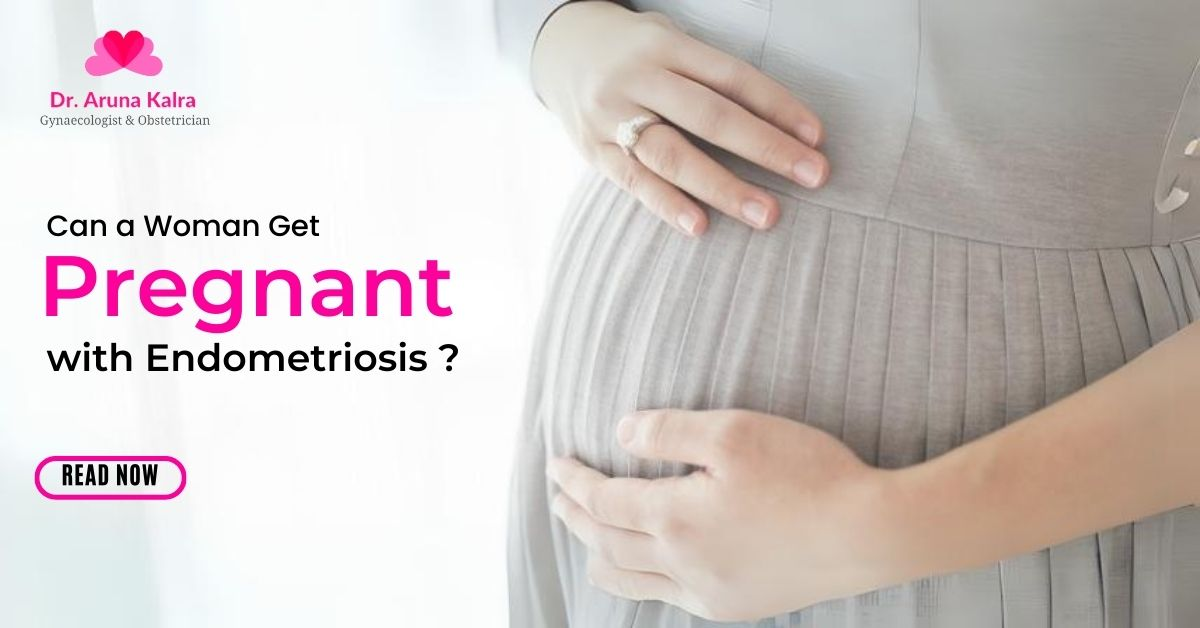
Can a Woman Get Pregnant with Endometriosis?
Endometriosis is a medical condition that occurs when tissue similar to the lining of the uterus, known as endometrium, grows outside the uterus. This disorder can bring about various challenges for those affected, and one common concern is its potential impact on fertility. The relationship between endometriosis and pregnancy is complex and varies from person…
Read More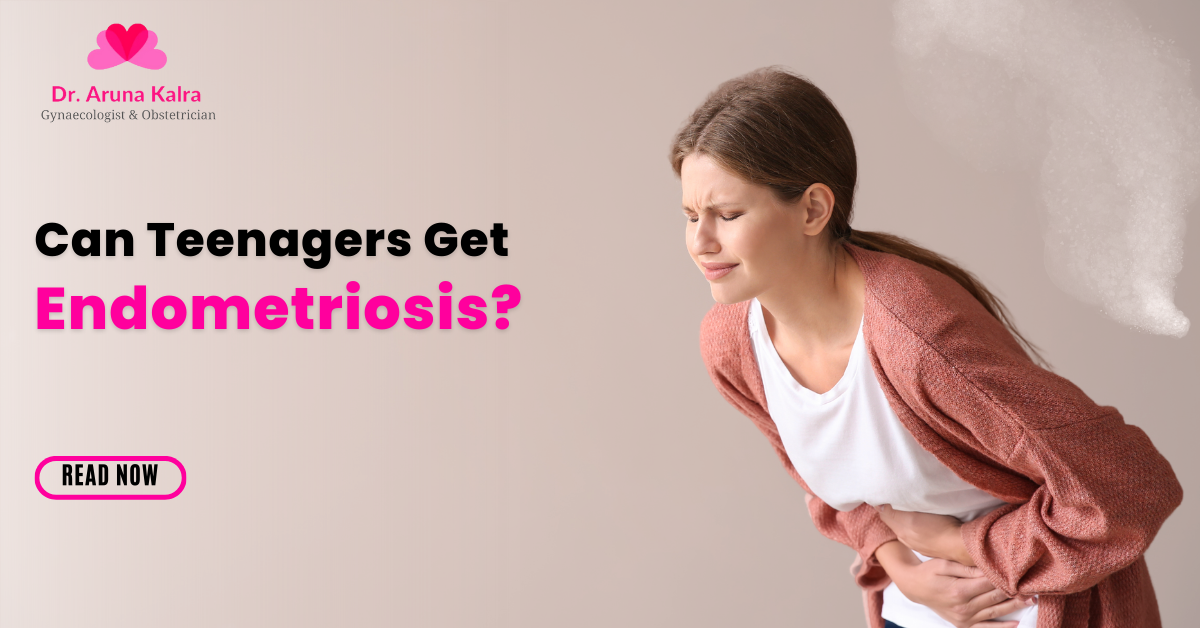
Can Teenagers Get Endometriosis?
Endometriosis, often thought of as a condition affecting women in their reproductive years, can indeed impact teenagers as well. While it is less common in this age group, the onset of endometriosis during adolescence is not unheard of. The symptoms of endometriosis can be challenging to identify, especially in teenagers, as they might dismiss them…
Read More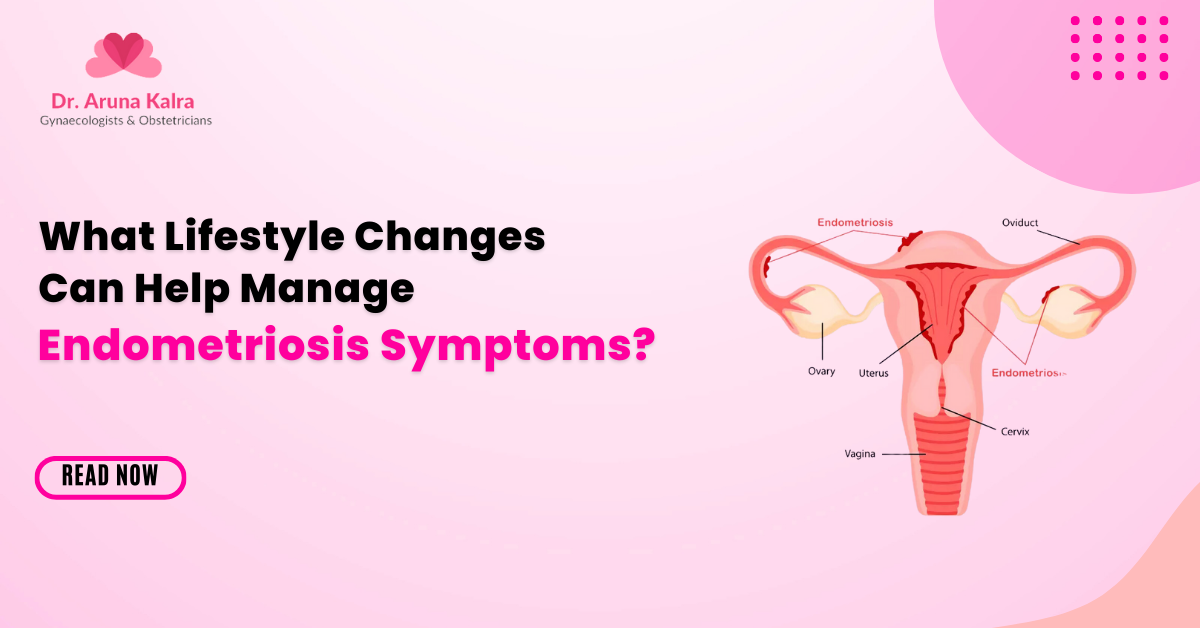
What Lifestyle Changes Can Help Manage Endometriosis Symptoms?
Managing endometriosis often involves a multi-faceted approach, and lifestyle changes can play a significant role in alleviating symptoms and improving overall well-being. Balanced Diet: Adopting a nutritious, well-balanced diet can have a positive impact on endometriosis symptoms. Emphasize fruits, vegetables, whole grains, and lean proteins while minimizing processed foods and excess sugar. Some individuals find…
Read More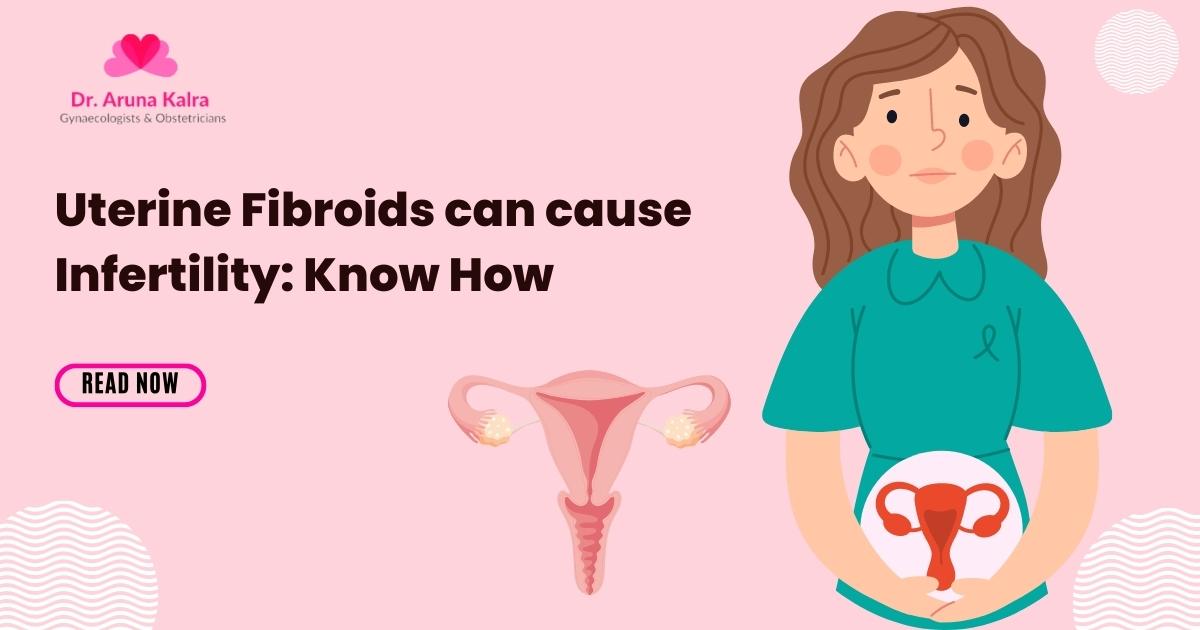
Uterine Fibroids Can Cause Infertility: Know How
What are Uterine Fibroids? Fibroids are common in women of childbearing age. They are abnormal growths that form in the uterus, however they are often harmless and uterine cancer seldom results from them. Both the size and the location of fibroids vary. Some are rather little, while others may be big and uterine-distorting. Submucosal fibroids…
Read More
7 diet tips to follow in winters during pregnancy
Everyone’s health gets a bit sensitive during winter season. With chilly winter breeze, there is high risk of getting could, cough or flu and with the threat of third wave of Covid-19, it is even more risky. We need to take a lot of precautions during this season to stay fit and active, especially pregnant…
Read More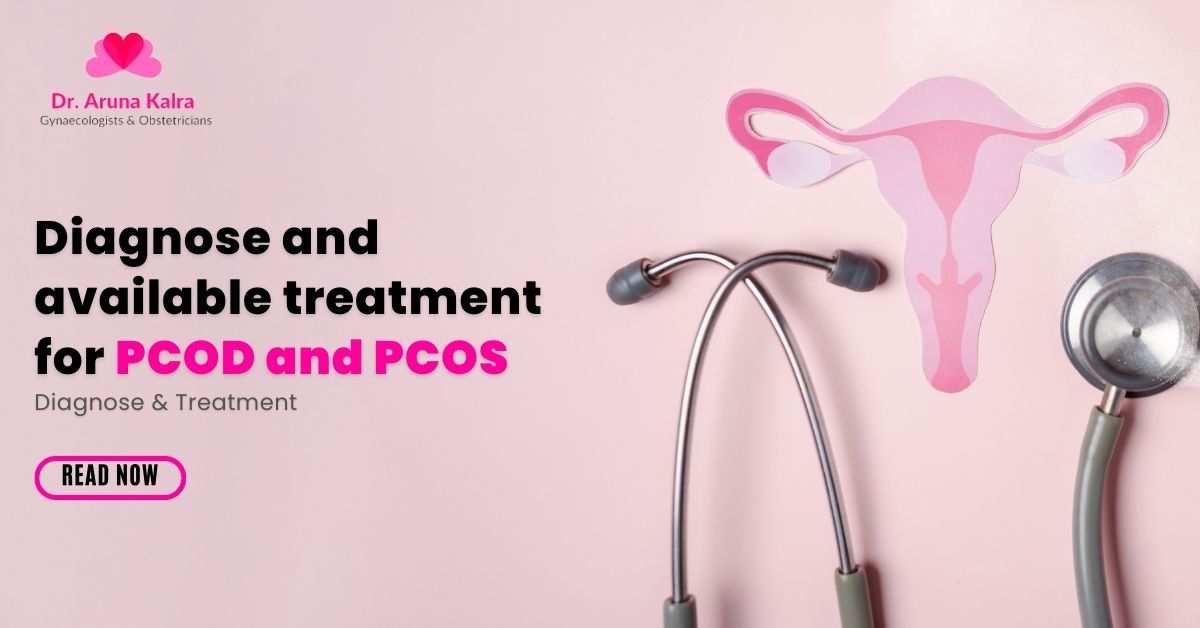
Diagnose and available treatment for PCOD and PCOS
While there is no particular test to confirm PCOD, still the doctor would diagnose and discuss available treatment for PCOD and PCOS by discussing your medical history. And diagnose by doing a physical examination to confirm the condition. So that they may then recommend A pelvic examination Blood tests to quantify hormone levels An ultrasound to examine…
Read More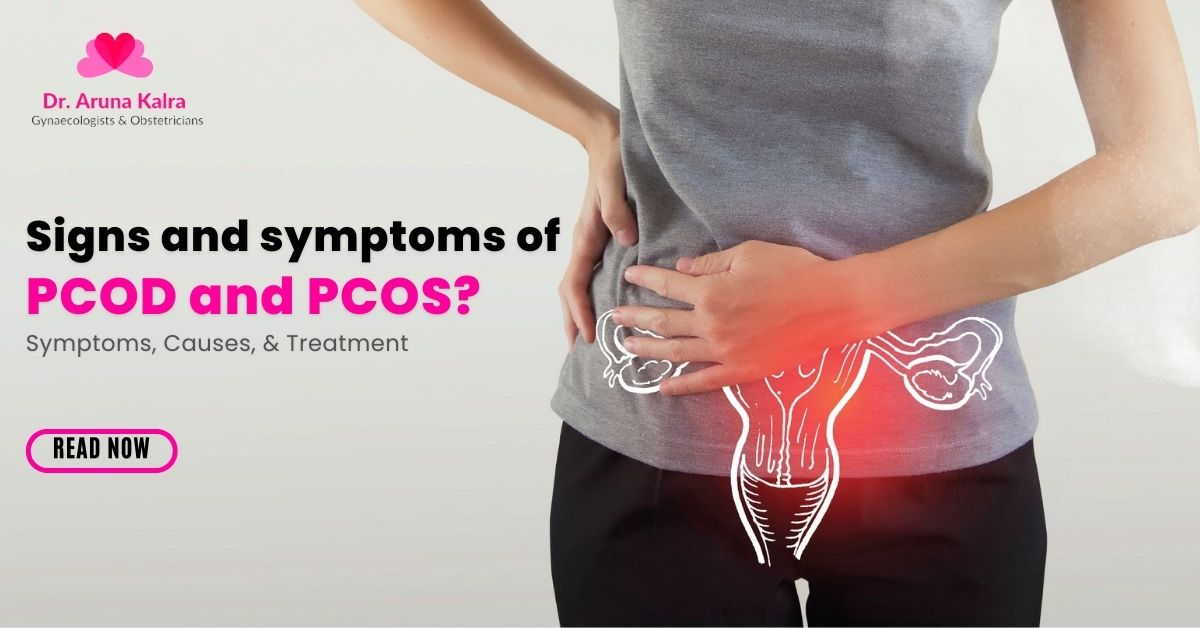
Signs and symptoms of PCOD and PCOS?
Do you have oily skin, missed/skipped periods, or difficulty in managing your weight? Did you think those problems are just a normal part of your life? But such hindrances could actually be symbols that you may have polycystic ovary (or ovarian) syndrome, also known as PCOS. This state has many symptoms, and you may not have all of…
Read More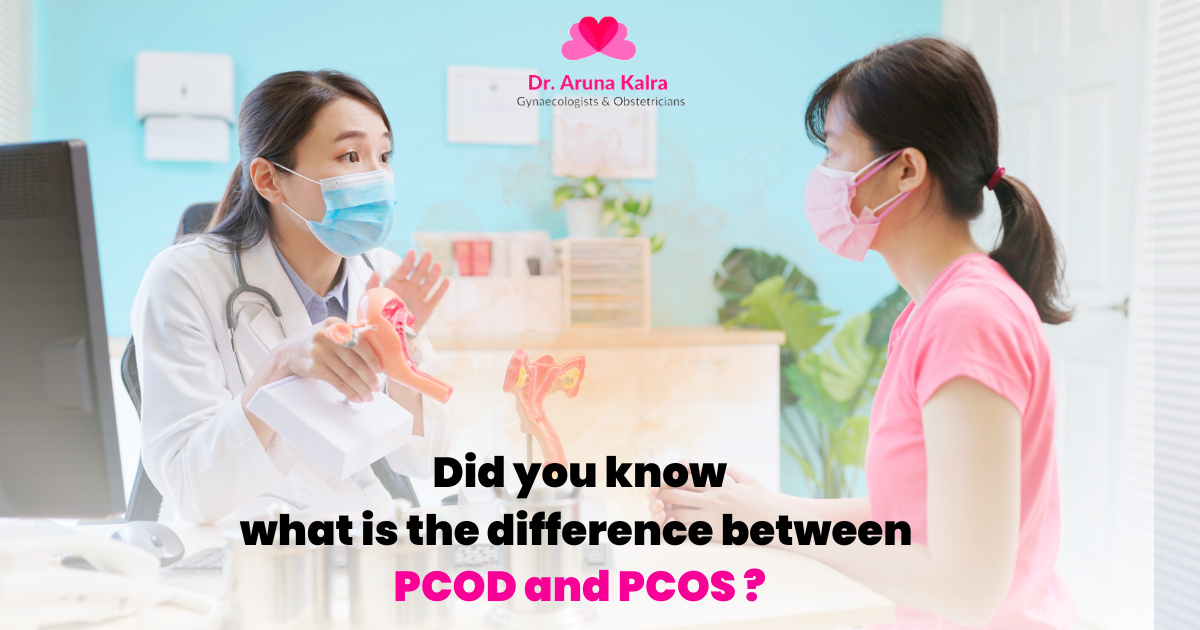
Did you know what is the Difference between PCOD and PCOS
Are PCOD and PCOS the same? Most of the women get confused between the two, often using the two terms interchangeably. Specifically when we trying to recognize the relation between PCOD, PCOS and pregnancy. Certainty both the conditions are different from each other, in spite of the similarities, like being related to the ovaries and causing…
Read More